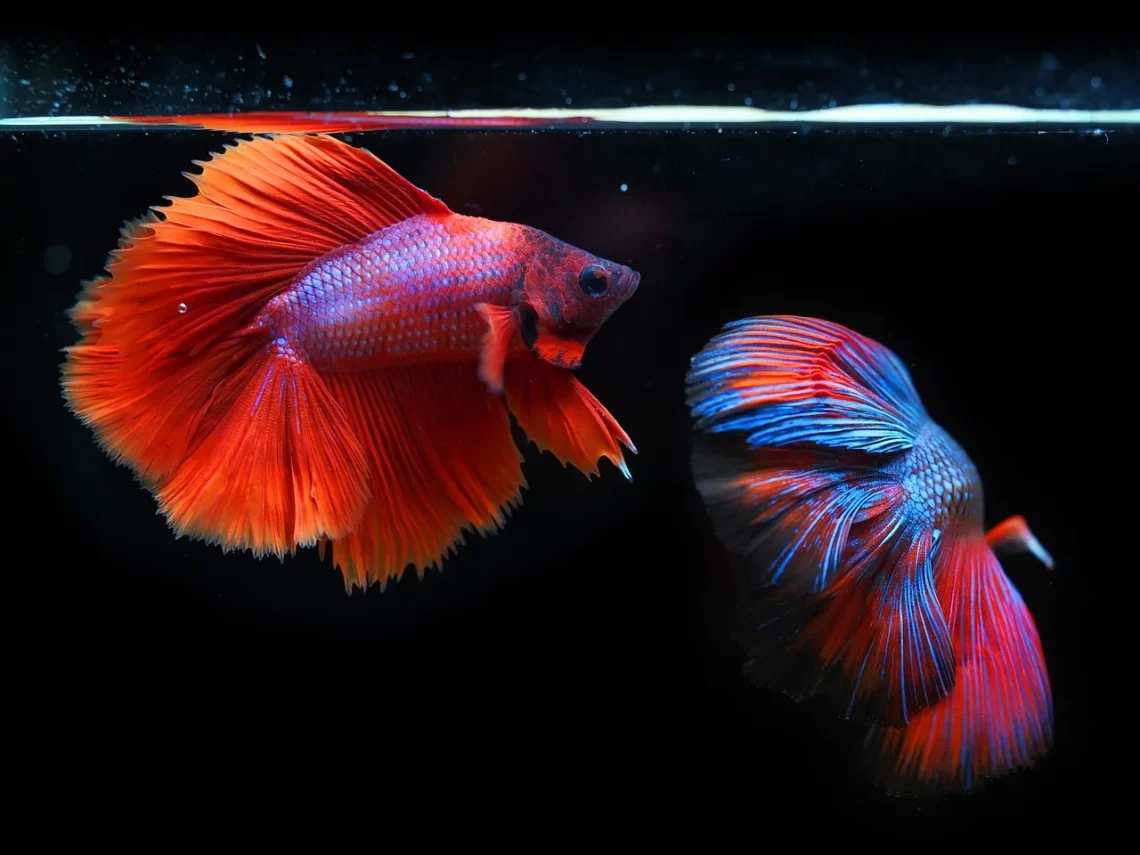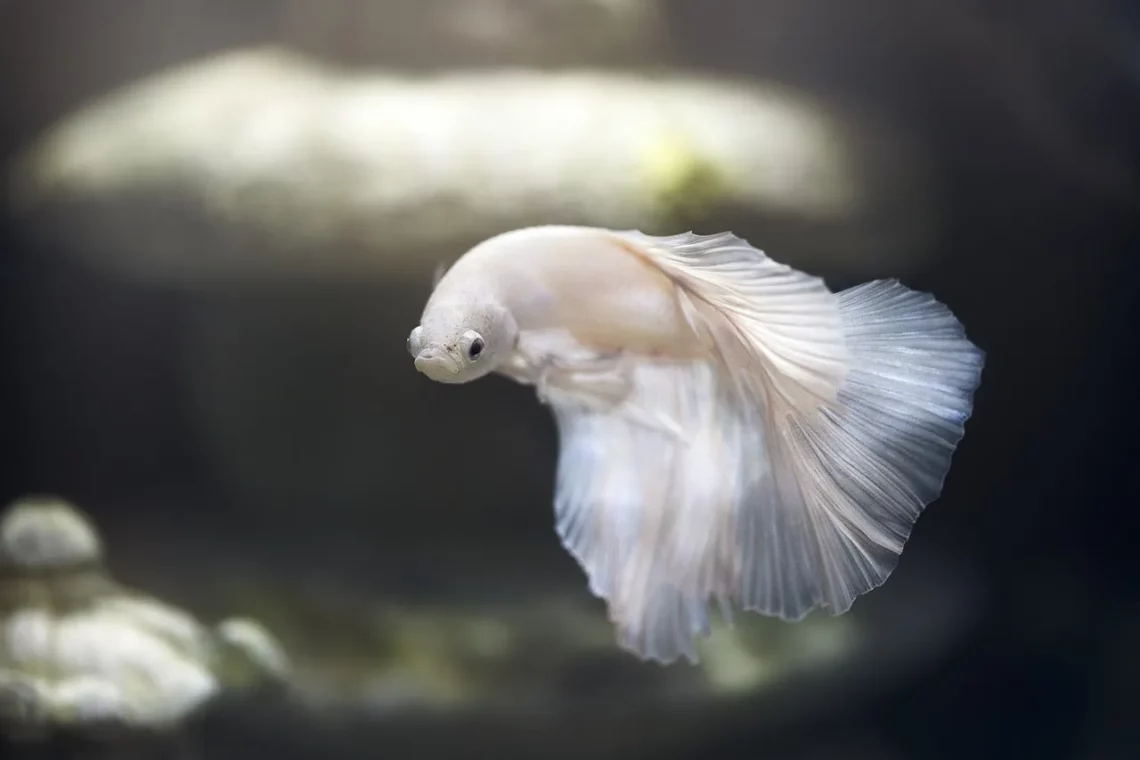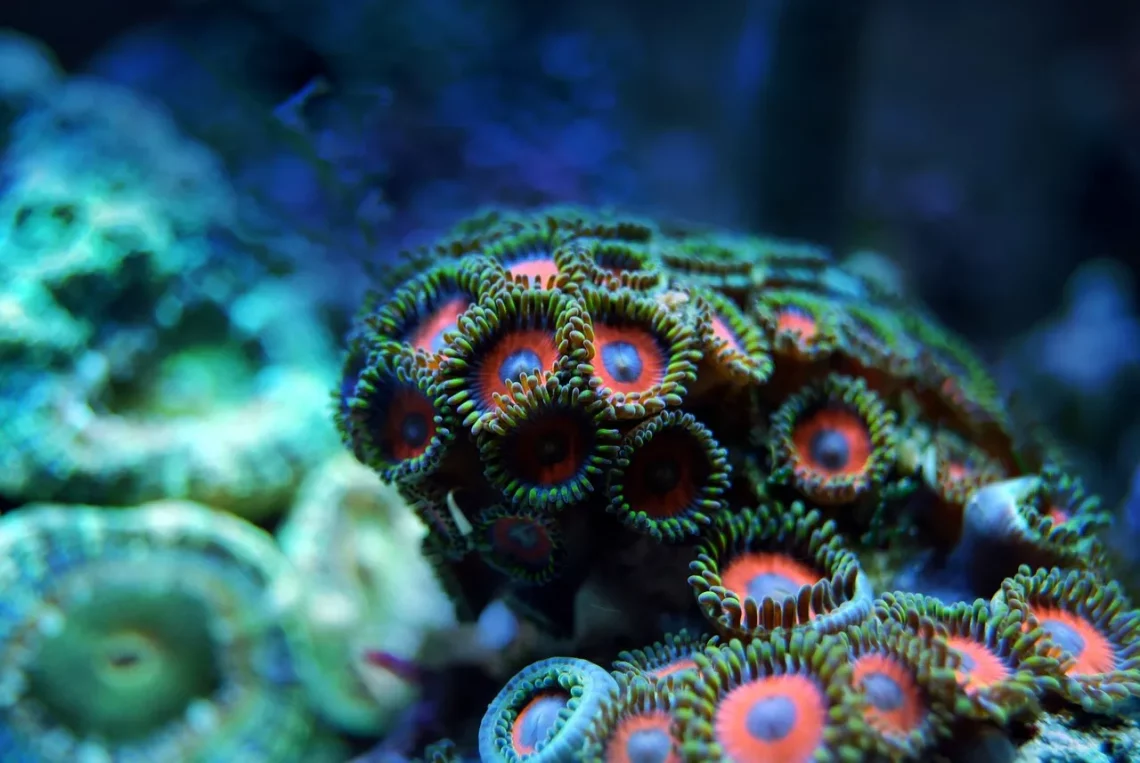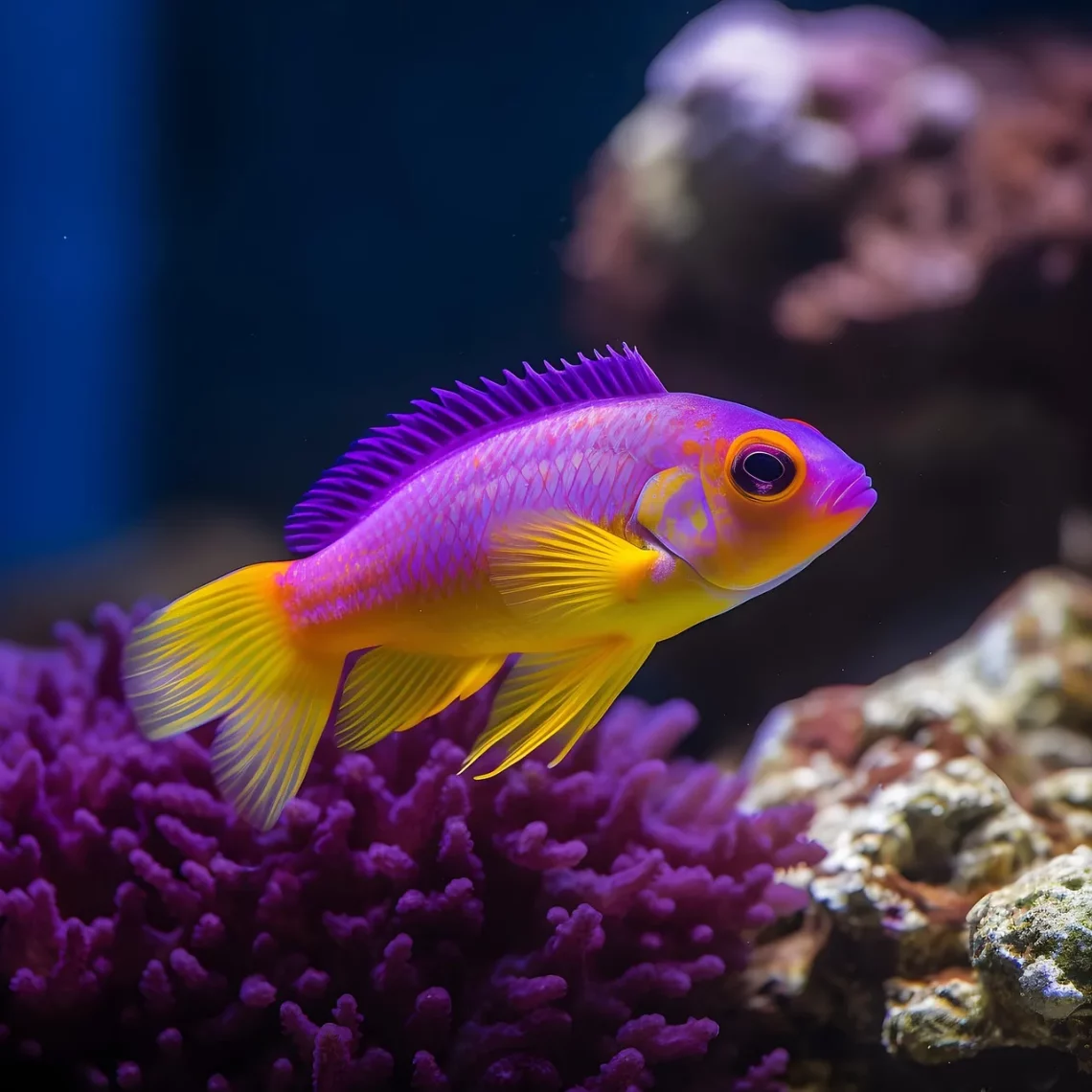-
How Fast Can New Tank Syndrome Kill a Fish? Understanding the Risks
New Tank Syndrome is a term that resonates with both novice and experienced aquarists alike, as it represents a critical phase in establishing a new aquarium. This phenomenon occurs when a tank has not yet developed a stable and beneficial colony of bacteria, which are essential for breaking down fish waste and maintaining water quality. Without these bacteria, toxic compounds such as ammonia and nitrites can build up rapidly, leading to detrimental effects on fish health. The initial excitement of setting up a new tank can quickly turn into distress if the necessary precautions are not taken. Fish that are introduced into a newly established aquarium may become stressed or…
-
How Long Can Fish Survive in a Bag Before They Need Water?
When it comes to transporting fish, whether for a trip to the pet store or a move to a new aquarium, understanding how long they can survive in a bag without water is crucial for their well-being. Fish are remarkable creatures, but they are also highly sensitive to changes in their environment. The conditions in which they are kept can significantly impact their health and survival chances. Fish breathe through gills, extracting oxygen from the water, and they rely on that water to support their physiological functions. When placed in a bag, the immediate environment changes drastically, and the fish are placed under stress. The quality of the water, the…
-
Do Betta Fish Have Teeth and What You Need to Know About Them
Betta fish, also known as Siamese fighting fish, are one of the most popular aquarium pets around the world. Their vibrant colors and unique personalities make them a favorite among both novice and experienced aquarists. However, many people are surprised to learn that these beautiful fish are equipped with teeth, which play a crucial role in their feeding habits and overall health. Understanding the anatomy and behavior of betta fish, including their dental structure, can enhance our appreciation for these fascinating creatures. The presence of teeth in betta fish is not widely known, leading to misconceptions about their diet and care. Unlike many other fish species, bettas have a specific…
-
The Essential Guide to Choosing a Fish Aquarium Chiller
Maintaining a vibrant and healthy aquarium ecosystem is essential for both novice and experienced aquarists. One of the most critical aspects of this maintenance is temperature regulation, particularly in warmer climates or during the summer months. Aquatic life, including fish and plants, thrives within specific temperature ranges, and fluctuations can lead to stress, disease, and even mortality. As aquarists, it’s our responsibility to create and maintain the ideal living conditions for our aquatic pets. While many hobbyists are aware of the importance of heaters for cold-water fish, the need for a fish aquarium chiller often goes overlooked. A chiller helps regulate water temperature and ensures a stable environment that is…
-
Do Guppies Need a Heater for Optimal Care and Health?
Guppies are one of the most popular freshwater fish among aquarium enthusiasts. Their vibrant colors, playful nature, and ease of care make them an attractive choice for both beginners and experienced aquarists alike. However, like any aquatic species, guppies have specific needs that must be met for them to thrive. One critical aspect of guppy care is water temperature. Understanding the ideal temperature range for guppies and whether a heater is necessary can significantly impact their health and well-being. Maintaining the right temperature in an aquarium is crucial for the metabolic processes of fish. Guppies are tropical fish, typically found in warm environments, and they prefer water temperatures ranging from…
-
How to Identify and Remove Mold in Your Fish Tank Effectively
Maintaining a healthy aquatic environment is crucial for the well-being of your fish and the overall aesthetics of your aquarium. Unfortunately, mold can be a common issue for fish tank owners, often manifesting as unsightly growths on surfaces or in the water. Mold thrives in conditions of excess moisture, poor water quality, and inadequate lighting, presenting both aesthetic and health concerns. Not only can mold compromise the visual appeal of your aquarium, but it can also pose risks to the health of your fish and plants. This fungal growth can lead to oxygen depletion, create stress for your aquatic life, and even result in diseases that can affect your fish.…
-
Humane Methods for Euthanizing a Fish: A Comprehensive Guide
Euthanizing a fish is a topic that many aquarists and fish owners may find difficult to approach. It raises ethical questions and emotional challenges, particularly for those who view their aquatic pets as part of their family. Unlike terrestrial animals, fish have a unique biology and behavior that require specialized considerations when it comes to ending their lives humanely. The responsibility of a fish owner extends beyond providing food and a suitable habitat; it also includes understanding the best practices for managing a fish’s health and welfare, especially when faced with terminal illness or suffering. In many cases, fish may experience conditions that lead to a diminished quality of life,…
-
How Long Can Fish Survive Without Eating? Exploring Their Limits
Fish are remarkable creatures that inhabit a variety of aquatic environments, from the deepest oceans to the shallowest ponds. Their ability to thrive in such diverse conditions is a testament to their adaptability and evolutionary success. However, one fascinating aspect of fish biology is their feeding habits and how long they can survive without food. Unlike mammals, which have a more consistent need for sustenance, fish can display a range of survival strategies that allow them to endure periods of starvation. Understanding the limits of how long fish can go without eating is not only crucial for aquarists and fish enthusiasts but also sheds light on their natural behaviors in…
-
The Fascinating World of Orange Koi Fish and Their Care Tips
The vibrant colors and graceful movements of koi fish have captivated aquarists and nature lovers for centuries. Among the many varieties of koi, the orange koi fish stands out due to its striking hue and charming personality. These fish not only add beauty to ponds and aquariums but also symbolize prosperity and good fortune in various cultures. With their origins deeply rooted in ancient Japan, koi have transformed from humble agricultural fish into prized possessions that grace the gardens of many homes around the world. The allure of orange koi fish lies not only in their aesthetic appeal but also in their fascinating behaviors and social interactions. Known for their…
-
Effective Strategies to Lower Nitrates in Your Fish Tank
Maintaining a healthy aquarium environment is crucial for the well-being of your fish and aquatic plants. One of the most common challenges faced by aquarium enthusiasts is managing nitrate levels in the water. Nitrates are a byproduct of fish waste, uneaten food, and decaying plant matter, and while they are less toxic than ammonia or nitrites, high concentrations can still harm your aquatic life. Elevated nitrate levels can lead to stress in fish, promote algae blooms, and negatively impact the overall balance of the ecosystem within the tank. Understanding how nitrates accumulate and the factors that contribute to their increase is essential for effective management. Regular water changes, filtration, and…






































